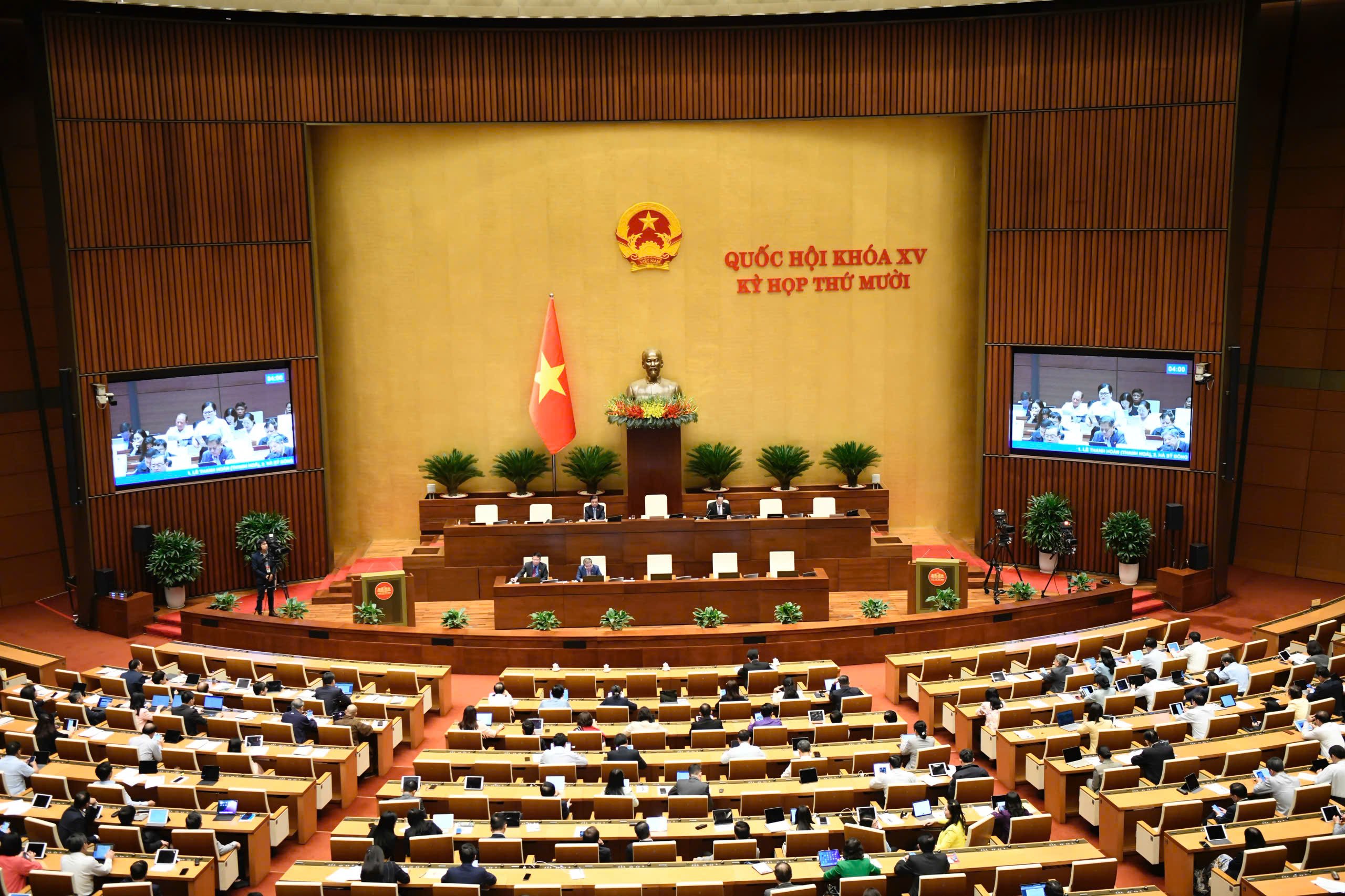 |
| Scene of the discussion session in the hall on the morning of October 24. Photo: Provided by the City National Assembly Delegation |
According to the report, the draft Law has been comprehensively revised to overcome the shortcomings of the current Law, ensuring compliance with the Constitution, laws on state apparatus organization and conclusions of the Politburo . The draft currently consists of 5 chapters, 45 articles (46 articles less than the current Law), inheriting and amending 36 articles and adding 9 new articles.
Regarding the concept of supervision, the draft clearly defines the supervision activities of the National Assembly and People's Councils as a method of controlling state power, aiming to perfect policies and laws, ensure discipline and order, and improve the efficiency of the state apparatus.
Regarding the principles of supervision, the draft adds three new principles: Ensuring the comprehensive leadership of the Communist Party of Vietnam ; comprehensive supervision but with focus, key points, and connection with practice; and linking supervision with perfecting policies and laws, deciding on important issues of the country and localities.
Regarding the authority of supervision, the draft clarifies the scope and subjects of supervision of each entity to avoid overlaps and duplications. The National Assembly, the Standing Committee of the National Assembly, the Council of Nationalities and the Committees of the National Assembly will regularly supervise the activities and legal documents of central agencies and organizations; the People's Council and its committees will conduct supervision at the provincial and communal levels, respectively.
The draft also adds new supervisory activities, including monitoring the process of collecting opinions in the drafting of laws, ordinances, and resolutions; and monitoring the handling and response to voters' petitions - specifically assigned to the Ethnic Council, the National Assembly Committees, the National Assembly Delegations, and the People's Council Committees.
Notably, regarding the supervisory authority of the People's Council Delegation, the draft proposes two options for soliciting opinions from delegates. Option 1 maintains the current regulations but limits the scope of supervision according to the assignment of the People's Council or the Standing Committee of the People's Council at the same level to ensure effectiveness and avoid formality. Option 2 proposes not to stipulate the supervisory authority of the People's Council Delegation due to limited effectiveness.
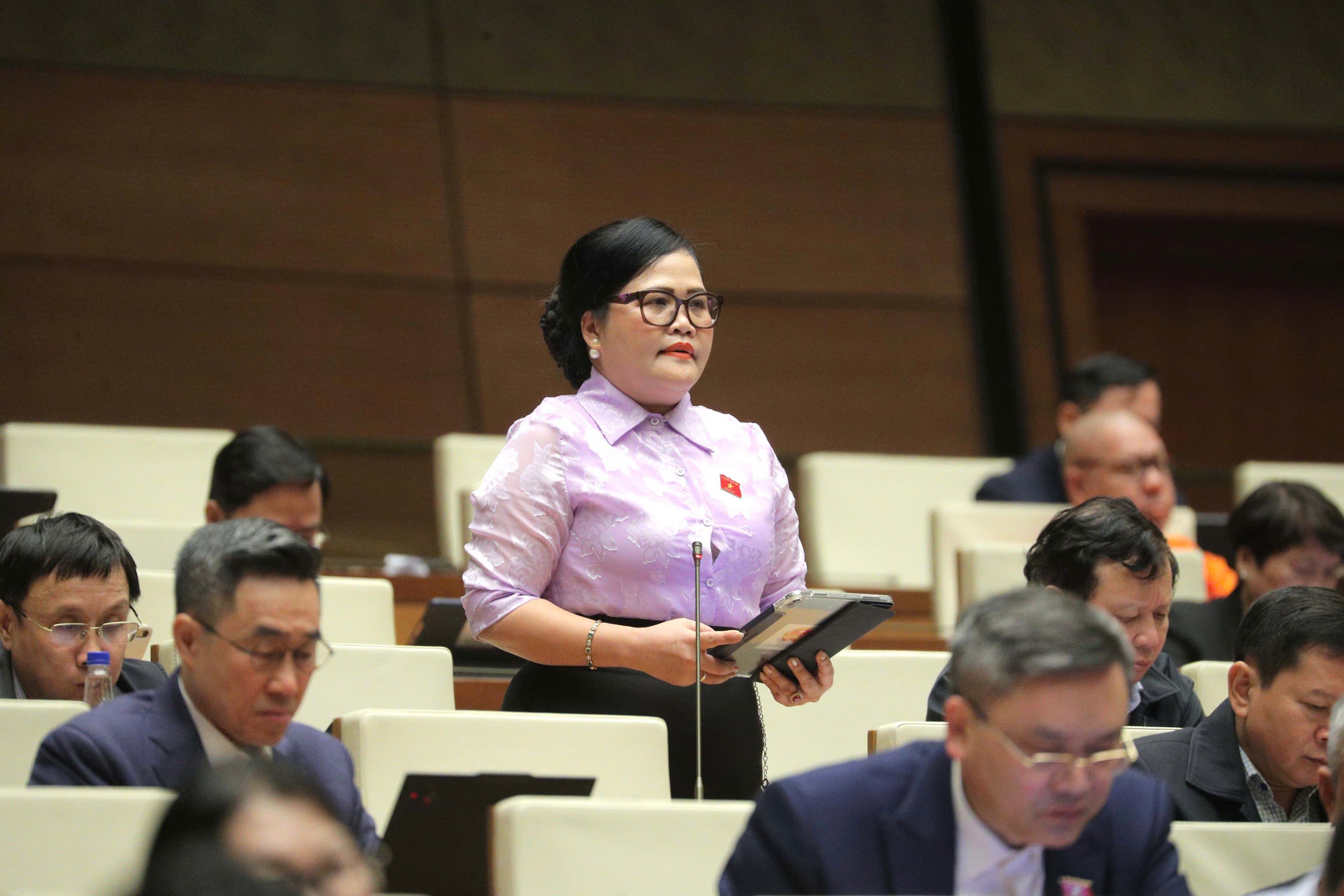 |
| Delegate Nguyen Thi Suu participated in the discussion in the hall. Photo: Provided by the City National Assembly Delegation |
Supervision must have specific monitoring and feedback mechanisms.
Speaking at the discussion session in the hall, Ms. Nguyen Thi Suu, Deputy Head of the National Assembly Delegation of Hue City, emphasized that this is a law of strategic significance in controlling power, strengthening accountability and improving the effectiveness of state governance, but it needs to continue to be perfected to ensure feasibility, consistency and effectiveness when applied.
According to the delegate, the structure of the draft Law is still overlapping, especially the provisions on authority, process and content of supervision between subjects such as the National Assembly, the National Assembly Standing Committee, the Ethnic Council, the National Assembly Committees and People's Councils at all levels. She proposed to redesign the draft in the direction of clearly defining three groups of contents: General principles and scope (Articles 11 - 12), supervision activities of the National Assembly and its agencies (Articles 13 - 26), and supervision activities of the People's Council and its agencies (Articles 27 - 38).
Regarding the nature of the right to supervise, Ms. Suu stated: “Supervision is the right to review, evaluate, recommend, and request explanations without coercion, investigation, or adjudication.” Some current regulations still overlap with inspection, auditing, and investigation activities, so it is necessary to remove the phrases “requesting appraisal and verification of the scene” and at the same time, add a coordination mechanism when detecting signs of law violations.
Regarding the responsibilities of agencies, organizations and individuals under supervision, she said that the draft still lacks specific sanctions. It is necessary to clearly define the personal responsibilities of the head if the report is not submitted on time or if the supervision conclusion is not implemented; at the same time, in case of failure to fully implement the recommendations, the supervised agency must have a written explanation report sent to the supervising entity and competent authority.
Delegate Nguyen Thi Suu also suggested changing the name of Article 11 from “Supervision effectiveness” to “Supervision results”, because “effectiveness” is an abstract concept and difficult to evaluate. She proposed restructuring the content to include four clauses: evaluating law implementation, determining the responsibilities of organizations and individuals, recommending improvements to legal policies, and publicizing results and implementation deadlines.
In particular, Ms. Suu emphasized the need to add a separate chapter or article on monitoring and urging the implementation of conclusions and recommendations after supervision, stipulating that the supervised agency must respond within 30-60 days and allowing the supervising entity to publicly disclose the results and recommend handling if not implemented.
Delegates also proposed adding regulations on the application of information technology in monitoring activities, publicizing results and monitoring recommendations on the electronic information portals of the National Assembly and People's Councils, encouraging online monitoring and the use of open data - to reflect the trend of digital governance and increase people's participation.
Source: https://huengaynay.vn/chinh-tri-xa-hoi/quy-dinh-ro-rang-thuc-chat-hon-de-nang-cao-hieu-qua-giam-sat-159141.html


![[Photo] Solemn funeral of former Vice Chairman of the Council of Ministers Tran Phuong](https://vphoto.vietnam.vn/thumb/1200x675/vietnam/resource/IMAGE/2025/10/24/1761295093441_tang-le-tran-phuong-1998-4576-jpg.webp)

![[Photo] President Luong Cuong chaired the welcoming ceremony and held talks with United Nations Secretary-General Antonio Guterres](https://vphoto.vietnam.vn/thumb/1200x675/vietnam/resource/IMAGE/2025/10/24/1761304699186_ndo_br_1-jpg.webp)

![[Photo] Prime Minister Pham Minh Chinh and South African President Matamela Cyril Ramaphosa attend the business forum](https://vphoto.vietnam.vn/thumb/1200x675/vietnam/resource/IMAGE/2025/10/24/1761302295638_dsc-0409-jpg.webp)
![[Photo] Prime Minister Pham Minh Chinh chairs conference on breakthrough solutions for social housing development](https://vphoto.vietnam.vn/thumb/1200x675/vietnam/resource/IMAGE/2025/10/24/1761294193033_dsc-0146-7834-jpg.webp)
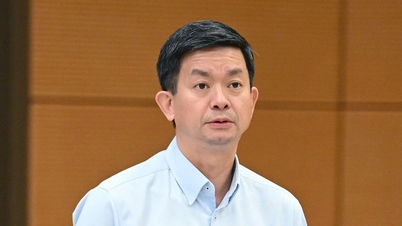



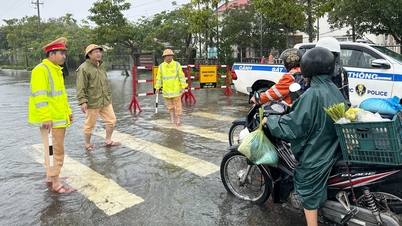
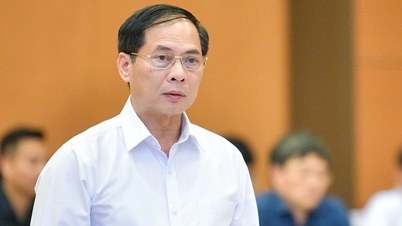

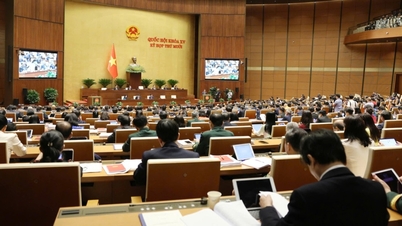

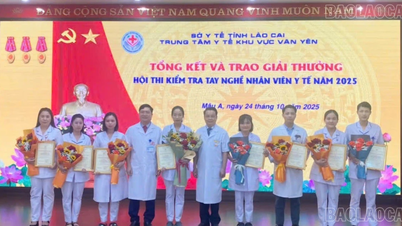

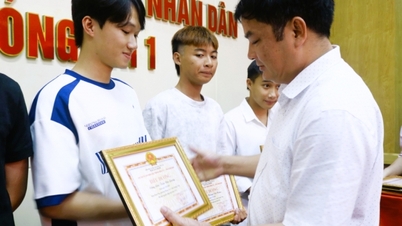

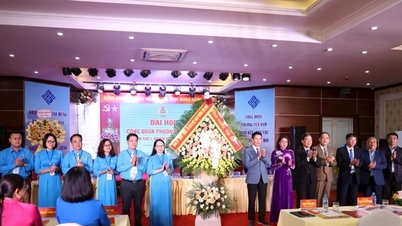



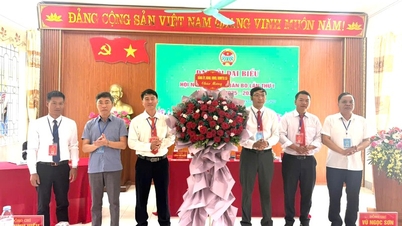

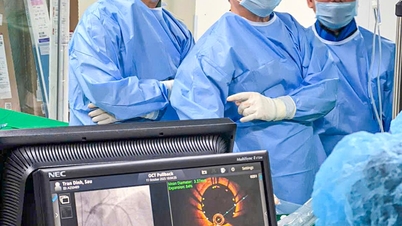




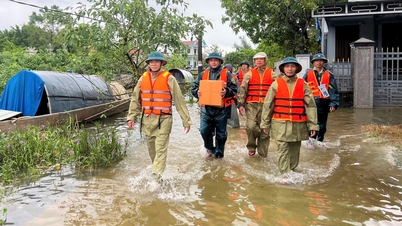
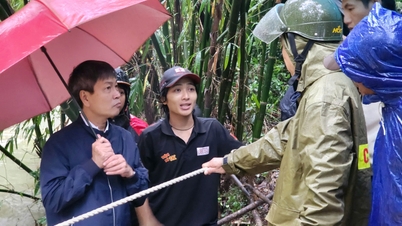
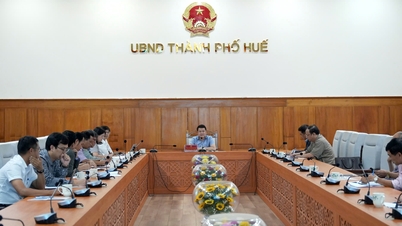

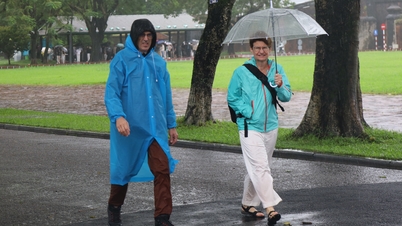





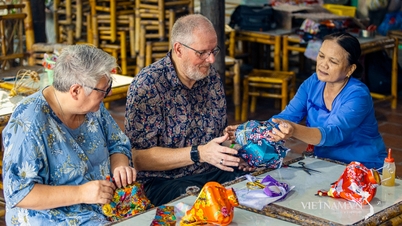











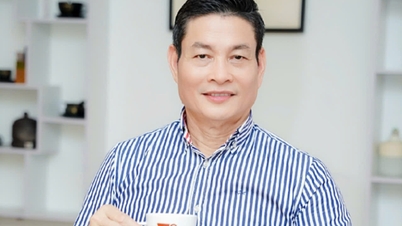



















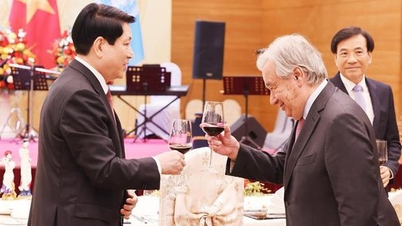
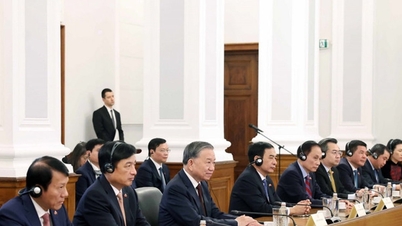

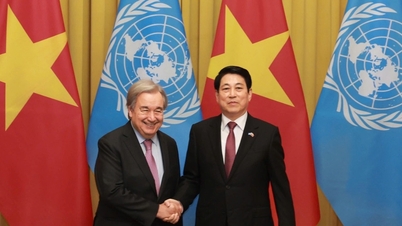


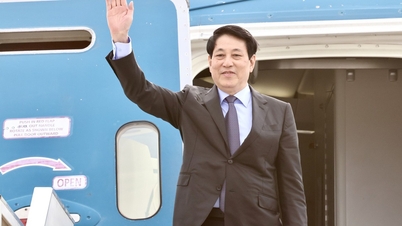
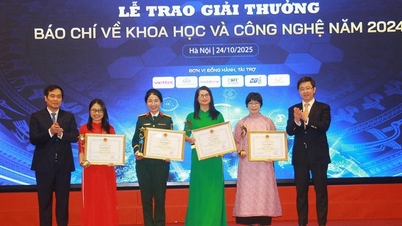


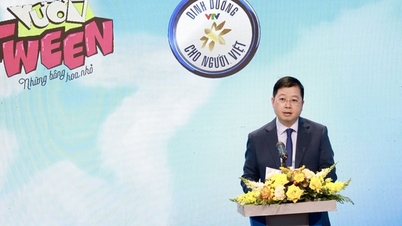
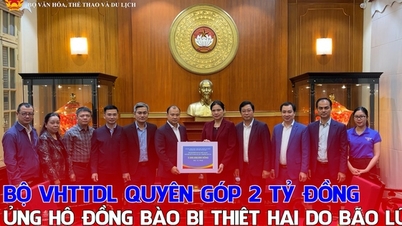



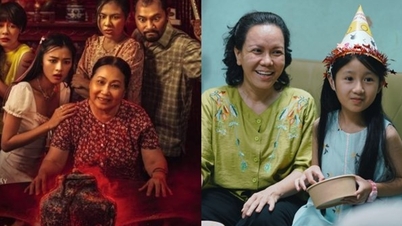


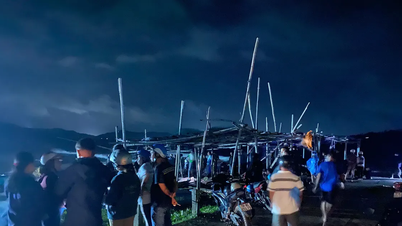
















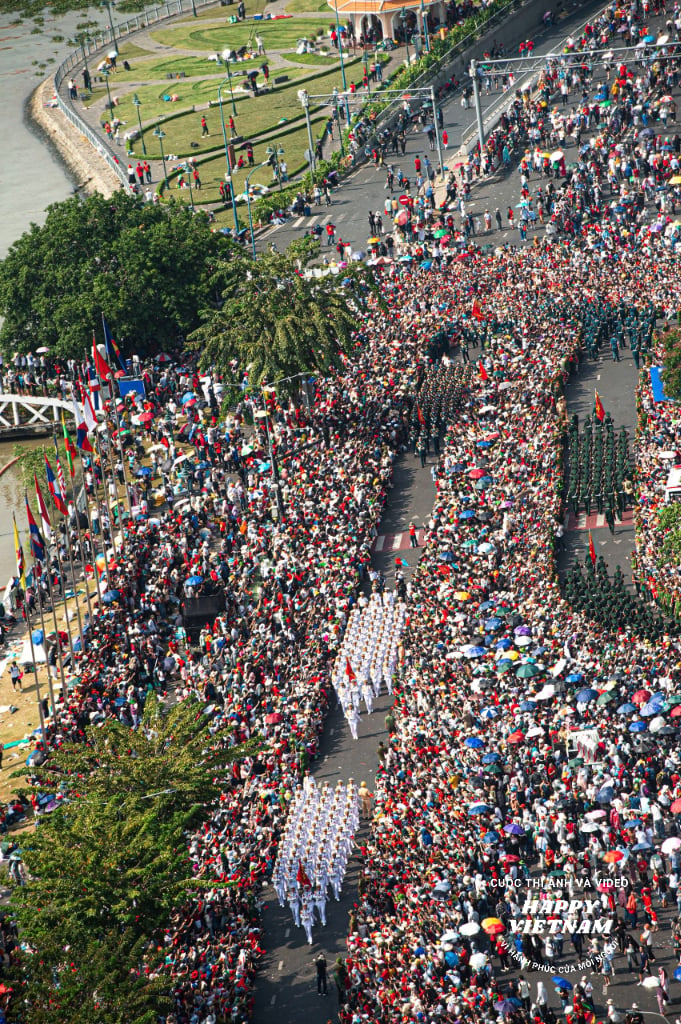
Comment (0)